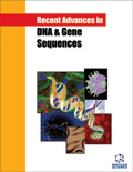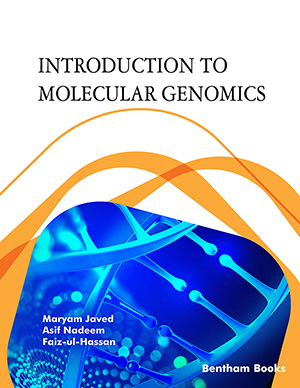Abstract
The concept of a paradigm is in the key position in Thomas Kuhn’s theory of scientific revolutions. A paradigm is the framework within which the results, concepts, hypotheses and theories of scientific research work are understood. According to Kuhn, a paradigm guides the working and efforts of scientists during the time period which he calls the period of normal science. Before long, however, normal science leads to unexplained matters, a situation that then leads the development of the scientific discipline in question to a paradigm shift – a scientific revolution. When a new theory is born, it has either gradually emerged as an extension of the past theory, or the old theory has become a borderline case in the new theory. In the former case, one can speak of a paradigm extension. According to the present author, the development of modern genetics has, until very recent years, been guided by a single paradigm, the Mendelian paradigm which Gregor Mendel launched 150 years ago, and under the guidance of this paradigm the development of genetics has proceeded in a normal fashion in the spirit of logical positivism. Modern discoveries in genetics have, however, created a situation which seems to be leading toward a paradigm shift. The most significant of these discoveries are the findings of adaptive mutations, the phenomenon of transgenerational epigenetic inheritance, and, above all, the present deeply critical state of the concept of the gene.
Keywords: Logical positivism, mendelism, paradigm extension, paradigm shift, reduction, scientific revolution.
 60
60











